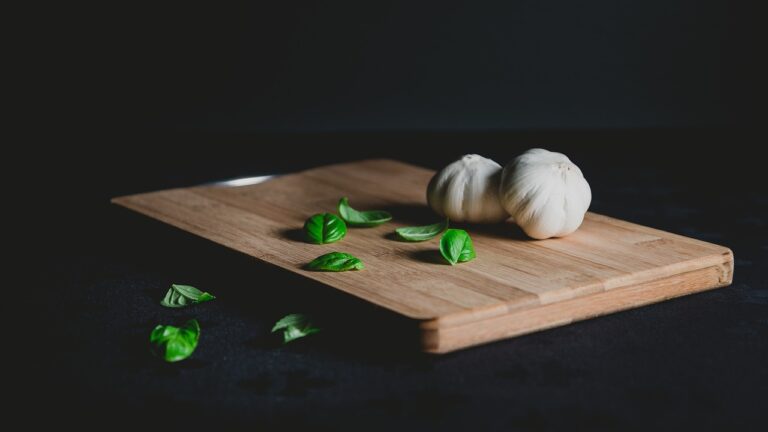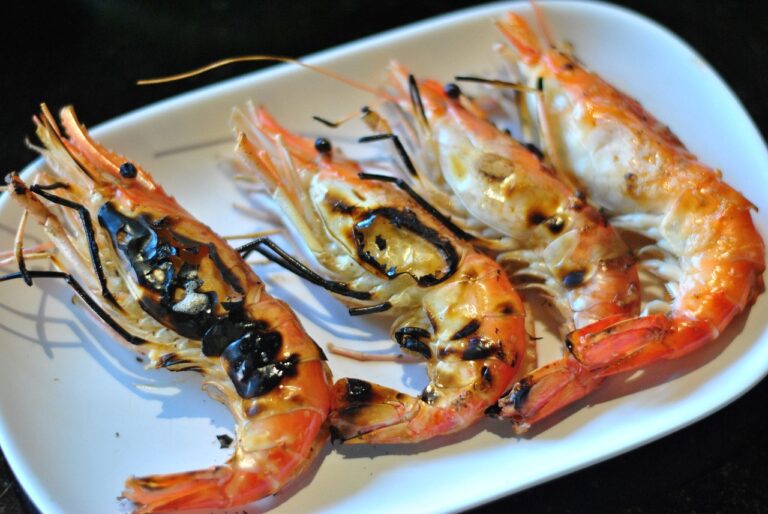The Role of Food in Cultural Preservation: Safeguarding Culinary Heritage Through Traditional Cooking Methods
Traditional cooking methods play a crucial role in maintaining a sense of cultural identity. Passed down through generations, these methods encapsulate the essence of a community’s history and values. By preserving and continuing these techniques, individuals can forge a connection with their heritage, anchoring themselves in the traditions of their ancestors.
Through traditional cooking methods, communities can create a shared experience that binds them together. The act of preparing and sharing meals using age-old techniques fosters a sense of belonging and unity among individuals. Furthermore, traditional cooking methods often reflect the sustainability and resourcefulness of past generations, highlighting the importance of preserving cultural practices for future generations.
Exploring the Historical Roots of Traditional Recipes and Ingredients
Traditional recipes and ingredients carry with them a rich tapestry of history and cultural significance. Each ingredient used in these recipes tells a story of the land it comes from and the people who have cultivated it over generations. The process of preparing these dishes often involves age-old techniques that have been passed down through families, creating a connection to the past that is tangible in every bite.
Delving into the historical roots of traditional recipes reveals a deep connection between food and identity. Many traditional dishes have evolved over centuries, influenced by various cultures, trade routes, and historical events. By understanding the origins of these recipes and ingredients, we gain a deeper appreciation for the culinary heritage that shapes our cultural identities.
The Importance of Passing Down Culinary Knowledge Through Generations
Generational transfer of culinary knowledge plays a crucial role in preserving cultural heritage. As older generations share their recipes, cooking techniques, and food traditions with younger family members, a sense of continuity and connection to the past is maintained. This passing down of culinary knowledge ensures that traditional dishes are not only preserved but also continued to be cherished and enjoyed for years to come.
Moreover, the act of passing down culinary knowledge through generations fosters a sense of family bonding and togetherness. As family members gather in the kitchen to learn from one another, valuable familial relationships are strengthened. Cooking together and sharing meals that have been passed down from ancestors creates a sense of unity and shared history among family members, creating lasting memories and traditions that endure over time.
Why is it important to pass down culinary knowledge through generations?
Passing down culinary knowledge helps preserve cultural identity, traditions, and heritage. It allows for the continuation of traditional cooking methods and recipes that have been handed down through the generations.
How do traditional cooking methods help preserve cultural identity?
Traditional cooking methods are often passed down from generation to generation and are unique to specific cultures and regions. By continuing to use these methods, individuals can maintain a connection to their cultural roots and heritage.
What is the significance of exploring the historical roots of traditional recipes and ingredients?
Exploring the historical roots of traditional recipes and ingredients helps individuals understand the cultural significance behind them. It provides insight into the traditions, customs, and values of a particular community or region.
How can families ensure that culinary knowledge is passed down effectively?
Families can ensure that culinary knowledge is passed down effectively by actively involving younger generations in the cooking process, sharing family recipes, and teaching traditional cooking techniques. Cooking together and sharing stories about the origins of recipes can also help keep culinary traditions alive.







